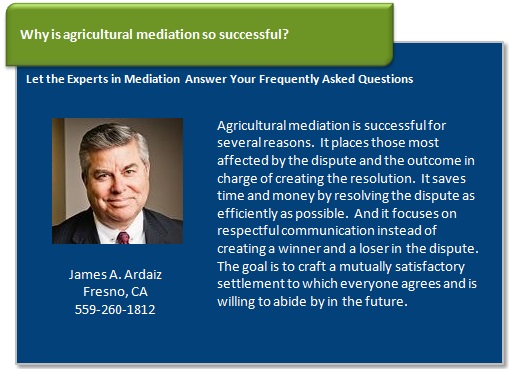 Insurance disputes are some of the most common to arise in the legal industry, and disability insurance has an especially high rate of dispute. Fortunately, mediation can be very effective for resolving these disputes and allowing the insured and insurer to walk away from the situation satisfied with the outcome.
Insurance disputes are some of the most common to arise in the legal industry, and disability insurance has an especially high rate of dispute. Fortunately, mediation can be very effective for resolving these disputes and allowing the insured and insurer to walk away from the situation satisfied with the outcome.
Disability insurance mediation combines contract interpretation and personal injury legal issues. The contract governing the relationship often needs to be examined more closely once an injury occurs and the insured requests coverage. If the provider and the insured are unable to see eye-to-eye, mediation brings in a third-party neutral facilitator to help them address the issues at hand. Mediation makes it possible to explore a variety of creative solutions that might not be possible in a litigated dispute. This means it is possible for both parties to walk away satisfied with the outcome of the dispute.
The process removes the all or nothing proposition for the insured. Success means receiving the money requested, but being just as unhappy, if not more so, with the insurance provider. For the insurance provider, success could mean losing a client and losing means not only paying the settlement and other costs associated with the dispute in full, but also continuing with an unhappy client that could continue to present a problem.
Most disability insurance mediations are facilitated by someone who is not only an expert in communication and negotiation, but also someone familiar with insurance. This saves time and eliminates the need to play “catch up” and wait for the decision-makers to familiarize themselves with the industry. In mediation, the decision makers are the insured and insurance provider, and both remain in complete control of the outcome.
Resolutions are not always simple in disability insurance mediation, but when you consider the alternative, the process and outcome is much better. There is a far greater likelihood of not only reaching a mutually satisfactory resolution, but also making the best decision possible regarding the future relationship between the insurer and insured.






 Mediation is used to settle a variety of legal disputes, including those in the agricultural industry. It is a voluntary process that allows those involved in the dispute to avoid the expense and adversarial nature of litigation. A trained mediator works with individuals and organizations involved in the dispute to identify a solution that is mutually acceptable to all parties involved. Unlike a judge, mediators do not levy decisions and have little control over the outcome of the dispute. Their role is to help disputing parties assess potential resolutions and discuss the issue from all angles, keeping communication flowing and respectful. In the end, nobody is right or wrong. They simply work together as a team to eliminate the problem at hand.
Mediation is used to settle a variety of legal disputes, including those in the agricultural industry. It is a voluntary process that allows those involved in the dispute to avoid the expense and adversarial nature of litigation. A trained mediator works with individuals and organizations involved in the dispute to identify a solution that is mutually acceptable to all parties involved. Unlike a judge, mediators do not levy decisions and have little control over the outcome of the dispute. Their role is to help disputing parties assess potential resolutions and discuss the issue from all angles, keeping communication flowing and respectful. In the end, nobody is right or wrong. They simply work together as a team to eliminate the problem at hand. HOAs are valuable organizations that allow neighborhoods to run cohesively. Unfortunately, despite all of the benefits of HOAs, problems sometimes arise, and these problems develop into legal disputes that put the peace and unity of the neighborhood at risk.
HOAs are valuable organizations that allow neighborhoods to run cohesively. Unfortunately, despite all of the benefits of HOAs, problems sometimes arise, and these problems develop into legal disputes that put the peace and unity of the neighborhood at risk. Mediation is an effective tool for settling inheritance disputes for a variety of reasons. They can assist in the settling of general disputes related to an estate, including contested wills. If the goal is to keep the involvement of the courts to a minimum in the settlement of an estate, mediation offers a fast and efficient tool for accomplishing the goals of everyone involved.
Mediation is an effective tool for settling inheritance disputes for a variety of reasons. They can assist in the settling of general disputes related to an estate, including contested wills. If the goal is to keep the involvement of the courts to a minimum in the settlement of an estate, mediation offers a fast and efficient tool for accomplishing the goals of everyone involved.